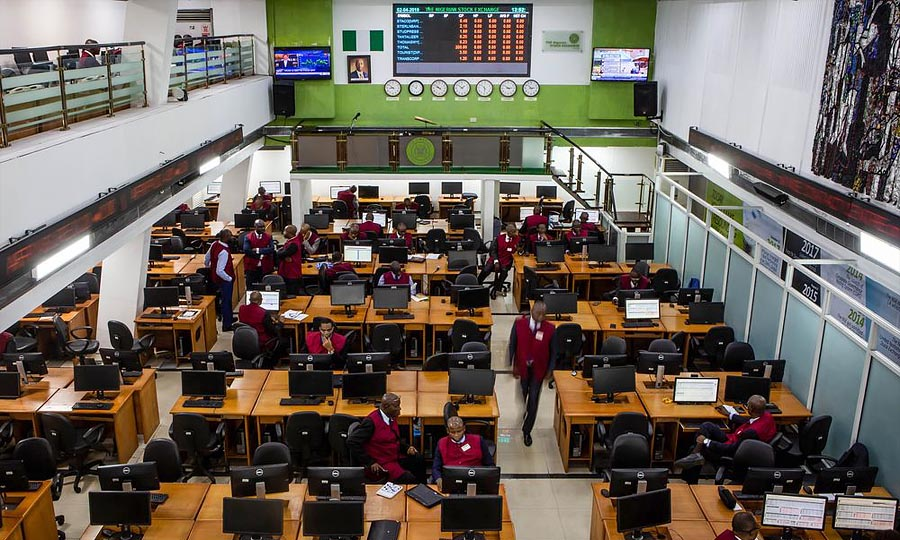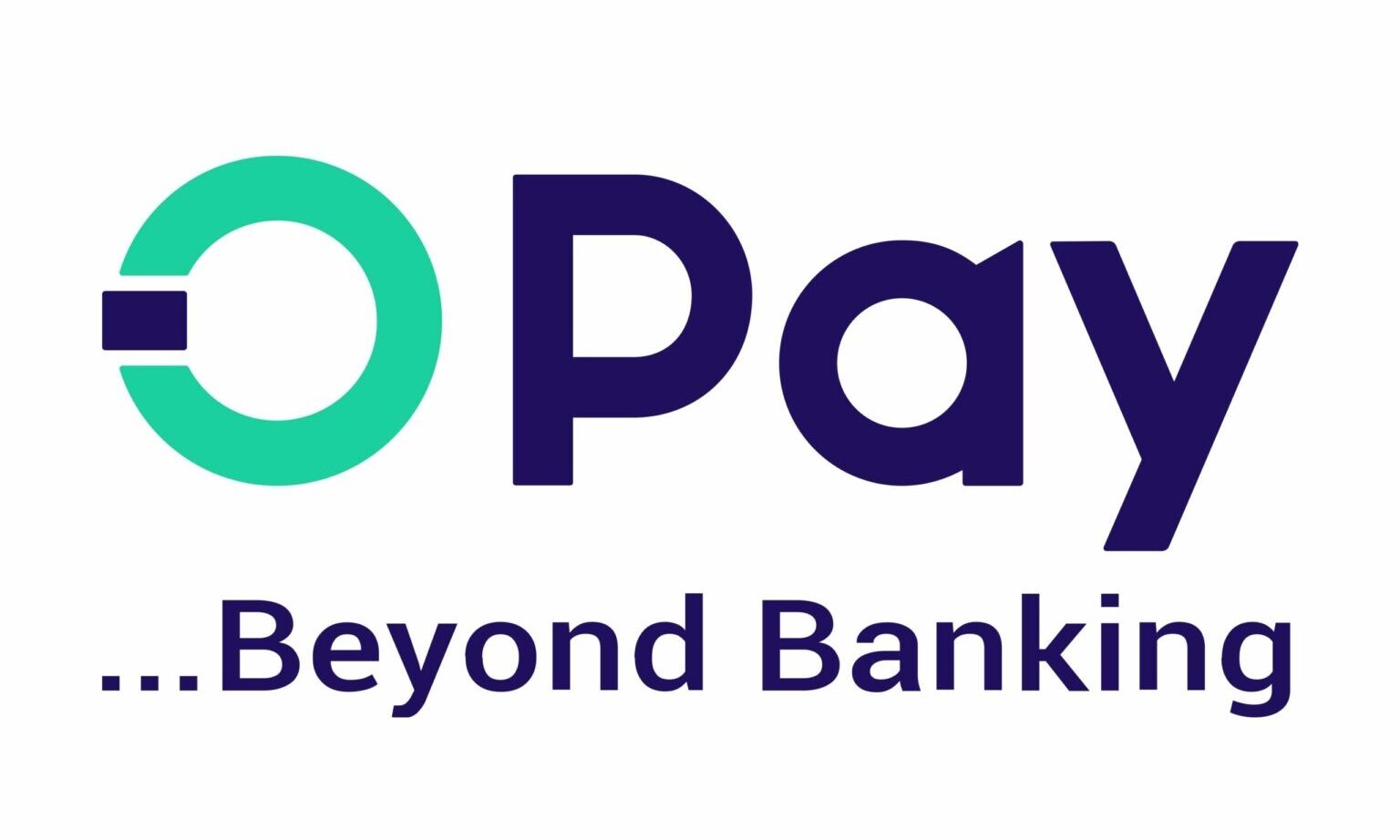In this interview with journalists on the sidelines of the 2025 IMF/World Bank Annual Meetings in Washington D.C., the Governor of the Central Bank of Nigeria (CBN), Mr. Olayemi Cardoso, speaks on Nigeria’s reform trajectory, investor sentiment, and the country’s growing leadership role in global financial governance. He highlights how sustained discipline in implementing fiscal and monetary reforms is restoring macro–economic stability, strengthening the naira, and improving investor confidence, Eromosele Abiodun and Nume Ekeghe present excerpts:
Could you share the key highlights and major takeaways from Nigeria’s participation at the IMF/World Bank Annual Meetings?
It has been an active and forward-looking week for Nigeria at the 2025 Annual Meetings of the International Monetary Fund (IMF) and World Bank Group. These meetings took place amid global uncertainty marked by slowing growth, volatile markets, and persistent fiscal and financial pressures. For Nigeria, however, this was a defining moment—an opportunity to showcase the tangible progress of our reform agenda and reaffirm our commitment to macroeconomic stability, fiscal discipline, and inclusive growth. A major highlight of the week was Nigeria’s assumption of the Chairmanship of the Intergovernmental Group of 24 (G-24), which coordinates the positions of developing countries on global monetary and developmental issues within the Bretton Woods system. Nigeria will formally assume this role on November 1, 2025, unveiling an ambitious agenda that reflects the priorities of developing nations. This milestone underscores international confidence in Nigeria’s leadership and growing influence in shaping the global financial architecture. Throughout the meetings, the Nigerian delegation held extensive engagements with the IMF, World Bank, International Finance Corporation (IFC), global rating agencies, investors, and development partners. The tone of these discussions was one of confidence and constructive partnership. There is broad recognition that Nigeria’s reforms are delivering results. Inflation is moderating, the exchange rate has stabilized, and investor confidence is returning.
Nigeria’s reform efforts appear to be yielding tangible results from easing inflation and a stronger naira to improved fiscal stability and rising non-oil revenues. How would you assess the impact of these reforms so far, and what steps are being taken to sustain this momentum?
Latest data from the National Bureau of Statistics show that headline inflation fell for the sixth consecutive month in September to 18.02 per cent, from 20.12 per cent in August, the lowest level in three years. Core and food inflation also eased during the period, reflecting the effects of disciplined monetary tightening, exchange rate unification, and improved market transparency. The naira continues to strengthen, with the spread between the official and parallel market rates now below 2 per cent. Foreign reserves stand above $43 billion, providing more than 11 months of import cover supported by renewed investor participation and sustained inflows across asset classes. On the fiscal side, reforms are improving revenue mobilization, reducing the cost of governance, and channeling expenditure toward infrastructure, education, and healthcare. The removal of fuel subsidies and expenditure rationalization have helped rebalance public finances and create fiscal space for productive investment. These bold reforms, undertaken over the past two years, have laid a strong foundation for Nigeria to pursue the next phase of its economic agenda—driving inclusive growth, job creation, and poverty reduction. Public finances are in better shape, with rising non-oil revenues providing much-needed diversification and fiscal stability. Reduced insecurity in oil-producing areas and targeted incentives have boosted production and attracted over $8 billion in new energy investments. On the monetary side, we have restored orthodoxy, relying on traditional instruments such as the monetary policy rate, cash reserve requirement, and liquidity ratio to manage liquidity and anchor expectations. These measures, coupled with close coordination with fiscal authorities, are delivering tangible outcomes. We are also leveraging advanced analytics and artificial intelligence to strengthen monetary operations, enhance forecasting, and improve policy transmission ensuring that decisions are data-driven and forward-looking.
Financial system stability remains a central priority. The bank recapitalization programme is progressing steadily, making Nigerian banks stronger, more resilient, and globally competitive. In the foreign exchange market, reforms have enhanced transparency and efficiency, supporting the ongoing disinflation trend alongside stable exchange rates and improved food supply. We also held a strategic session with Nigerian FinTech leaders under the theme “Shaping the Future of FinTech in Nigeria: Innovation, Inclusion, and Integrity.” The dialogue highlighted our shared commitment to ensuring that innovation and regulation progress together anchored in trust and responsible growth. Nigeria’s fintechs are ambassadors of our nation’s creativity, resilience, and global relevance, and engaging them as partners ensures that our digital financial future is built on innovation, integrity, and inclusion. A recurring theme throughout the meetings was the rising prominence of stablecoins in the global financial system. Their potential to enhance payments inclusion and cross-border transactions is undeniable, but they also raise important questions around monetary sovereignty, exchange rate stability, and financial integrity. As global regulators work to define clear and consistent frameworks, Nigeria intends to play an active role in shaping this conversation, ensuring that innovation supports rather than undermines financial stability and economic sovereignty. We also signed a Memorandum of Understanding with the Central Bank of Angola to deepen cooperation on monetary policy, promote financial stability, and strengthen regional economic ties.
You signed an MoU with the Bank of Angola, following another bilateral agreement with the Bank of Ghana. Could you tell us the outcomes and what Nigeria stands to gain from these collaborations?
The MoU with the Bank of Angola reflects our commitment to deepening regional financial cooperation. Nigeria and Angola are both members of a shared constituency, which includes South Africa, under one of the Executive Director positions at the IMF. However, this agreement was not just about that arrangement—it is something we’ve been working toward for quite some time. We had hoped to sign it during the last meeting, but it didn’t happen. Angola is a natural partner for Nigeria. Both countries share many similarities—oil production, demographic pressures, and structural economic challenges. So, this partnership will allow us to exchange technical expertise, strengthen banking collaboration, and jointly build a more resilient financial ecosystem across Africa. Nigerian banks already have a presence in Angola, and this MoU paves the way for greater cooperation and expansion. We see this as the start of deeper regional partnerships with other African countries.
Congratulations on Nigeria’s assumption of the leadership of the G24. What is the core message of the group in advancing global trade, especially amid growing protectionism and supply chain disruptions?
The G24 brings together countries with shared development challenges to form a stronger voice within global financial institutions like the IMF and World Bank. At our recent meetings, there was a very strong dialogue between G24 members and the leadership of both institutions, particularly on trade and global economic cooperation. A key takeaway is the recognition that regional cooperation among developing countries will play a bigger role in global trade going forward. This aligns perfectly with Nigeria’s economic direction—building partnerships that enable inclusive trade and sustainable growth. But these outcomes require deliberate policy actions. We must be intentional in ensuring that cooperation leads to tangible development outcomes.
At the investor forum, Nigeria showcased several reforms that have improved the business environment. What will be your next steps to sustain this momentum?
The key to sustaining momentum is consistency. We want to ensure that the policies we’ve implemented remain on course and that we don’t allow reform fatigue to set in.The danger of slowing down is that we could lose the gains we’ve already made. So, our focus is to continue showing results—communicating progress clearly as inflation begins to trend downward, which it will. Nigerians must see and feel the benefits of these reforms, knowing that there are better days ahead. This is not a short dash; it’s a marathon. The answer lies in staying the course and maintaining discipline in policy execution.
You mentioned meeting with Fintech CEOs operating in Nigeria on the sidelines of this meeting. Could you elaborate on the outcomes of that engagement?
The Fintech meeting was largely a listening session for us. Before coming to Washington, we had engaged Fintech companies at various levels in Nigeria, conducted surveys, and produced a draft blueprint summarising their key pain points and proposed solutions. I called this meeting specifically to validate what we had gathered and hear directly from them. The session was moderated by our Director of Payments, and it allowed us to collect raw data and feedback. Fintechs are an important part of Nigeria’s financial ecosystem. Many operate across Africa, serving as ambassadors of Nigerian innovation. Our goal is to support their growth while managing associated risks. We held the meeting in Washington because it gave us an opportunity to share insights with global stakeholders, including the IMF and central bank governors from other countries. The discussions have sparked interest from peers who are curious about Nigeria’s evolving regulatory approach. We believe we’re on the right track in fostering innovation, collaboration, and responsible regulation.
How are Nigeria’s ongoing reforms and policy initiatives expected to strengthen the economy and deliver tangible benefits to citizens?
Nigeria’s focus remains steadfast, strengthening fundamentals, advancing reforms, and unlocking opportunities for sustainable investment and inclusive growth. Fiscal and monetary authorities are working seamlessly to sustain stability, deepen reforms, and ensure that the benefits of policy actions translate into tangible improvements in the lives of Nigerians. We return home encouraged by the confidence reaffirmed in our mission, and determined to sustain this trajectory of stability, discipline, and shared prosperity. Nigeria’s story is one of resilience, of a nation aligning courage with conviction to build a more competitive, innovative, and inclusive economy.




